Best Free Unlimited Data Recovery Software
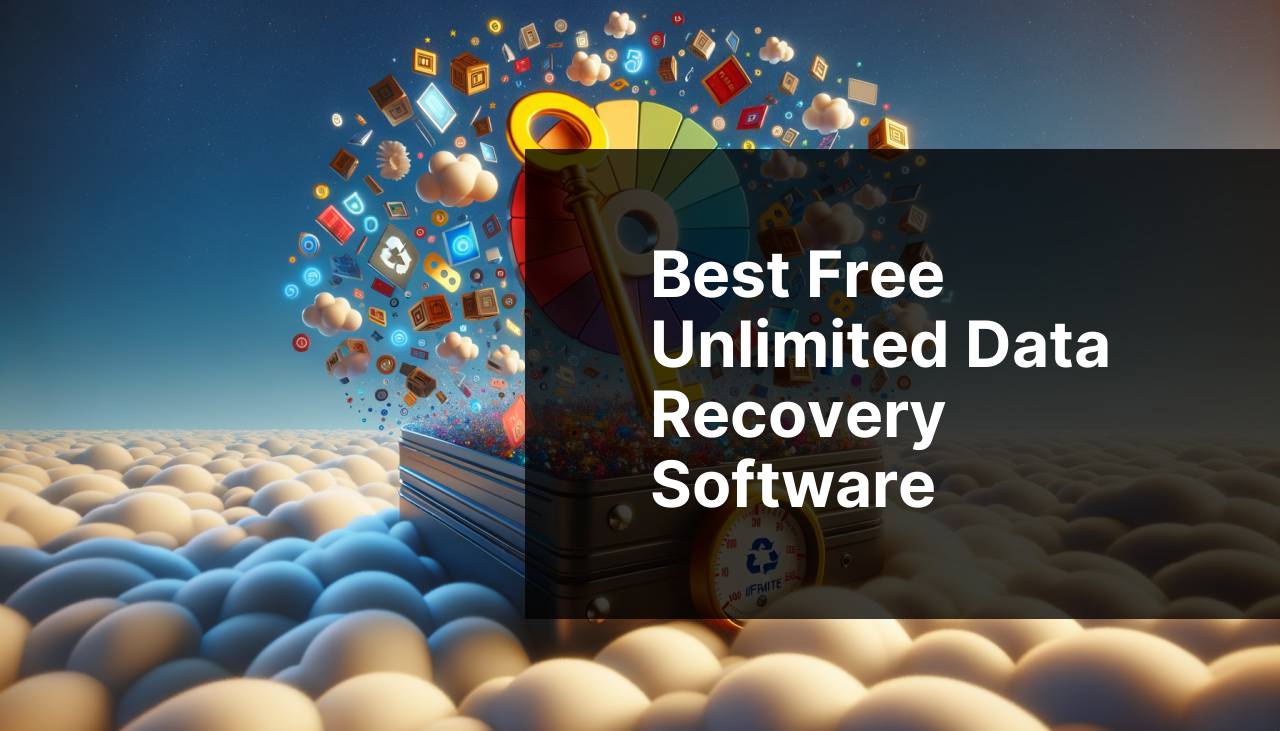
Have you ever faced the nightmare of losing valuable data from your device? If so, you know how daunting the task of recovering lost files can be. Thankfully, free unlimited data recovery software offers a potential solution. These tools can help restore everything from accidentally deleted photos to corrupted files. In this blog, I’ll dive into my personal experiences with some leading free data recovery software and provide a balanced view, including the pros and cons of each option. For those interested, you can navigate directly to the respective software’s official site by following the included hyperlinks.
Recuva
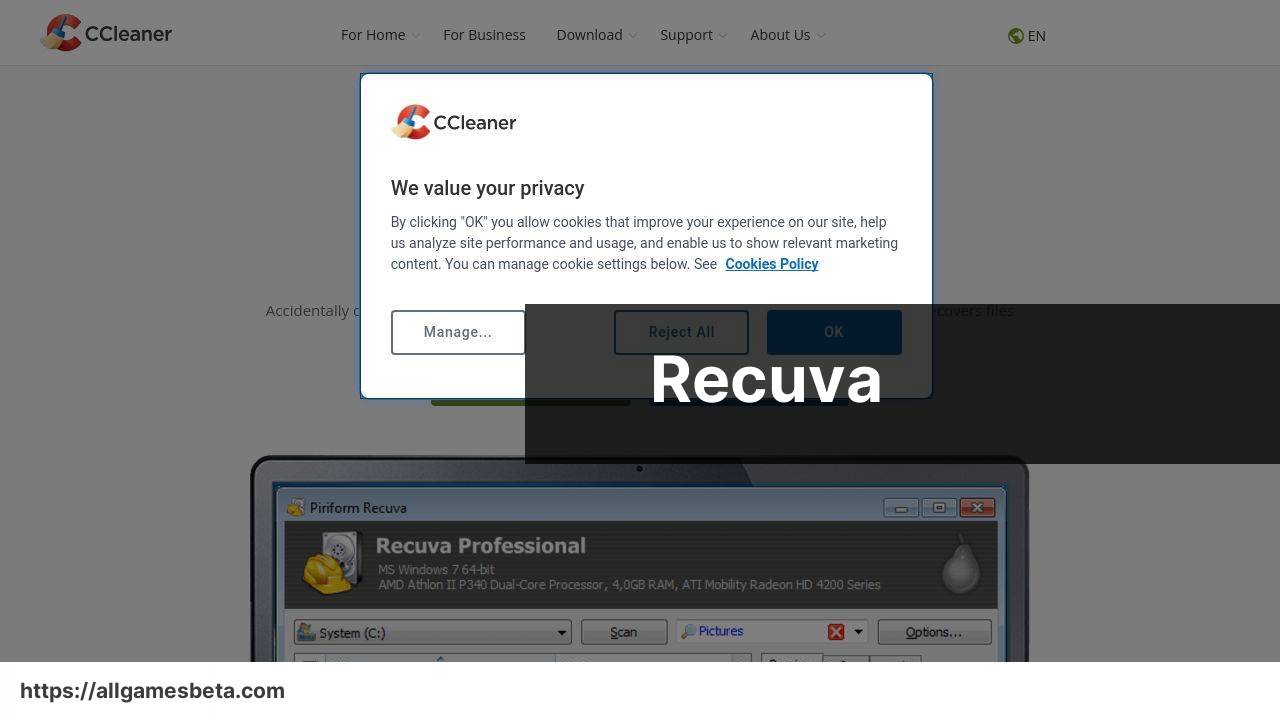
Recuva is a well-known data recovery tool developed by Piriform. It excels at recovering lost files from your Windows computer and various external storage devices. It’s user-friendly and offers a deep scan feature for more thorough recovery efforts.
Pros
- Comprehensive file recovery options
- User-friendly interface
Cons
- Limited features in the free version
- Only available for Windows
EaseUS Data Recovery Wizard
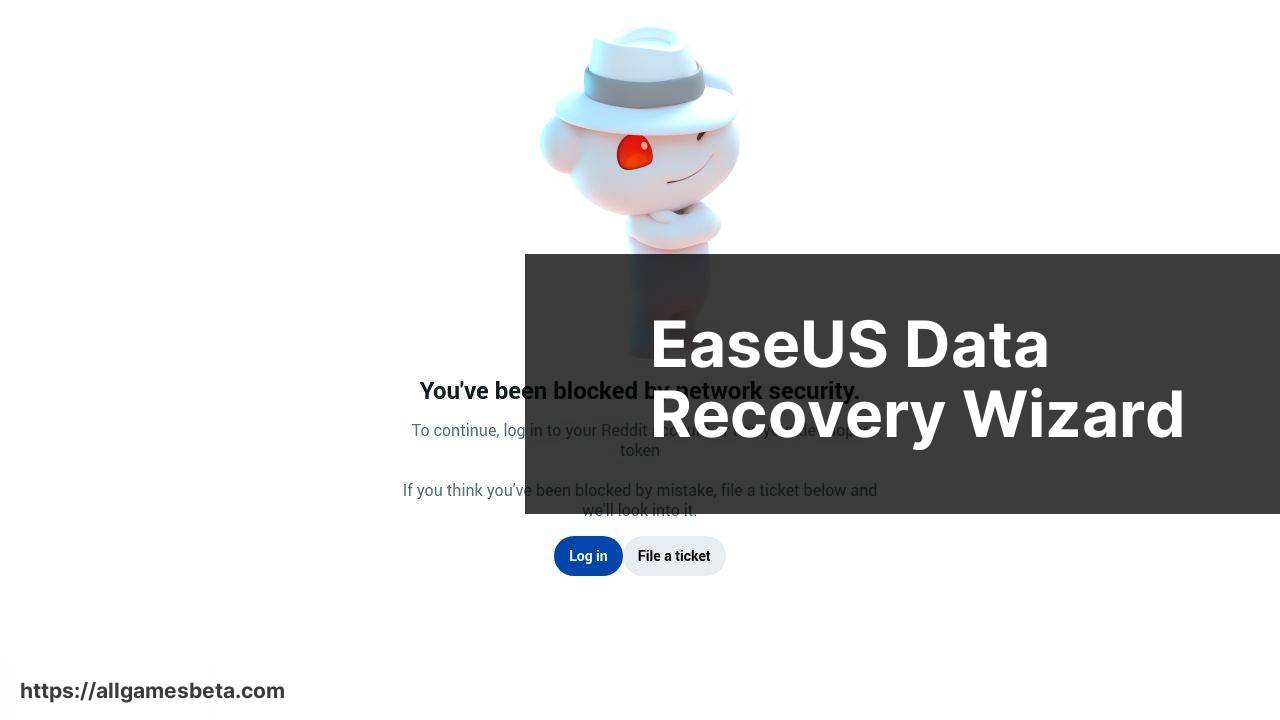
EaseUS Data Recovery Wizard is a versatile tool capable of recovering a variety of file types. It supports both Windows and Mac platforms. The software is particularly known for its intuitive interface and powerful performance in data recovery tasks.
Pros
- Supports both Windows and Mac
- Easy to use
Cons
- The free version has a recovery limit
- Scanning can be slow
CCleaner Data Recovery
CCleaner Data Recovery offers robust features for recovering lost data on your PC. Its deep scan feature can dig through formatted drives to retrieve lost files. Though it’s not as well-known as other tools, it provides reliable performance.
Pros
- Deep scan capabilities
- Recovers from formatted drives
Cons
- Interface can be overwhelming for beginners
- Available for Windows only
Disk Drill
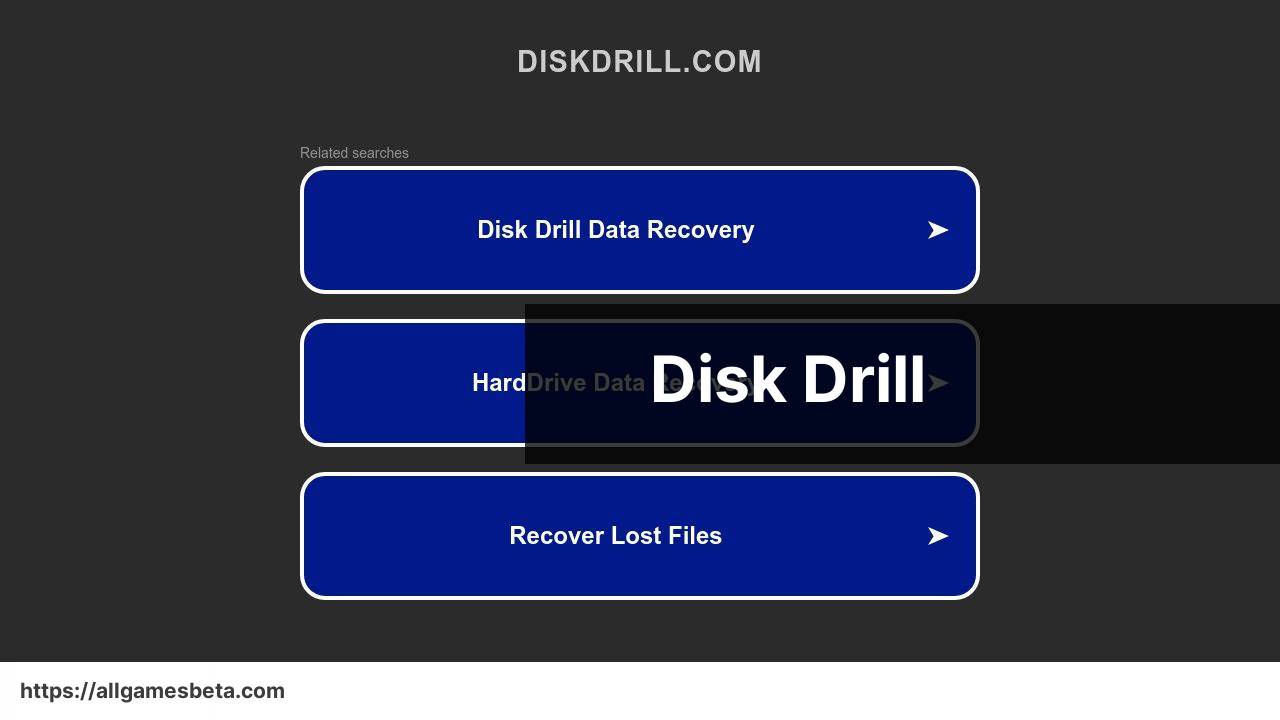
Disk Drill is another powerful recovery tool that supports both Windows and Mac. It offers a user-friendly interface and advanced recovery algorithms. One unique feature is its Recovery Vault, which helps protect your data from future losses.
Pros
- Advanced recovery algorithms
- Supports both Windows and Mac
Cons
- The free version has limited features
- Can be resource-intensive
MiniTool Power Data Recovery
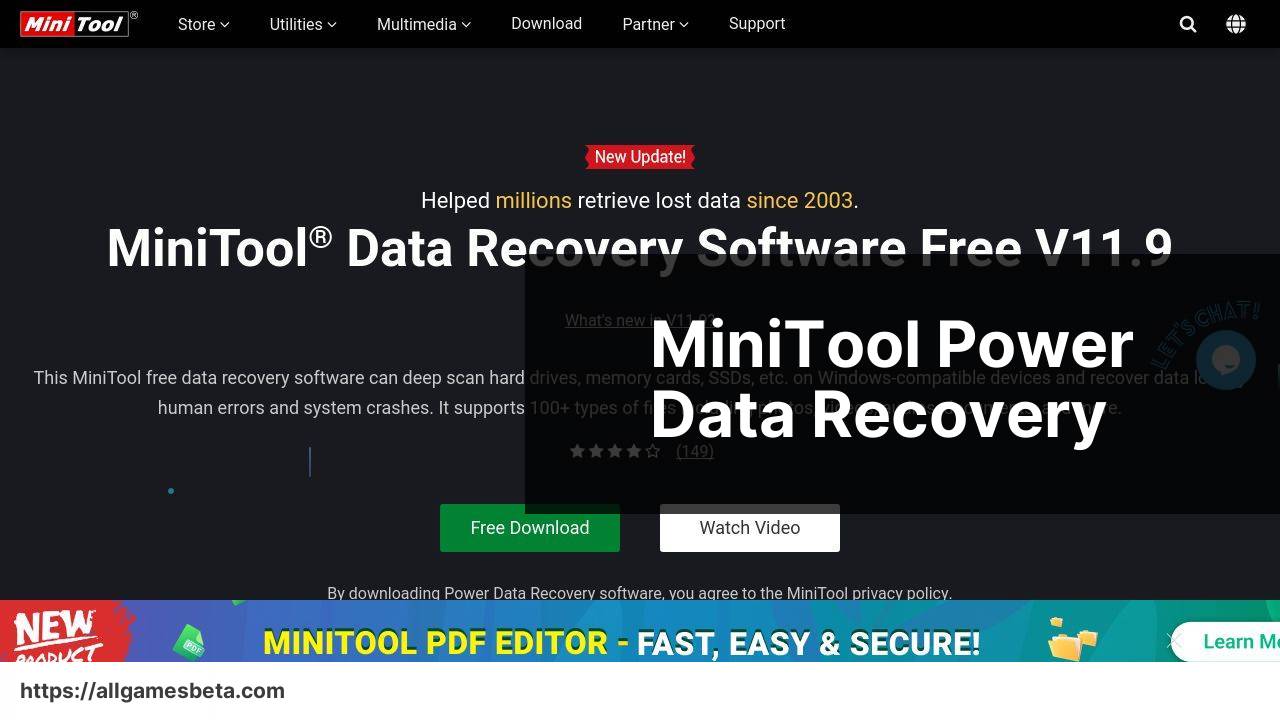
MiniTool Power Data Recovery is designed to recover various types of data from different storage devices. It is particularly effective at recovering deleted, corrupted, or formatted files. The software offers a straightforward user experience that beginners will find easy to navigate.
Pros
- Easy to use
- Recovers various file types from multiple storage devices
Cons
- Free version has a data recovery limit
- Scanning process can take a while
Conclusion:
One of the nuances of dealing with lost or corrupted data is choosing the right data recovery tool. Among the free options, some tools stand out due to their unique features. For example, Disk Drill‘s Recovery Vault is not just about recovering lost data; it also offers a proactive way to protect your files from future deletions. Similarly, EaseUS Data Recovery Wizard offers a comprehensive set of features that cater to both novice and advanced users, including the ability to pause and restart the scanning process, which can be very handy during long recovery sessions.
If you’re working exclusively with a Windows system, Recuva is a great straightforward choice. Its user-friendly interface makes it easy to navigate through the recovery process, even if you’re not tech-savvy. However, it’s worth noting that its free version offers limited features compared to its pro counterpart.
On the other hand, if you’re looking at recovering data from a Mac system, CCleaner Data Recovery and MiniTool Power Data Recovery should be on your shortlist. Both tools provide various options for deep scanning and retrieving lost files, but again, the free versions come with some limitations. While CCleaner is better known for its PC-cleaning capabilities, its data recovery feature is quite competent in handling formatted drives and corrupted files.
Importantly, if you often deal with USB drives, particularly on a Mac, you may find this USB recovery guide on LinkedIn very useful. It provides a detailed, step-by-step method on how to recover deleted files from USB drives, specifically tailored for Mac users. Implementing these strategies can save you from future data loss nightmares.
While some of these tools might seem similar in their functionalities, the subtle differences in their user interfaces and additional features can make a significant impact based on your specific needs. Always make sure to read user reviews and perhaps try out a couple of different options before settling on the one that works best for you. Each tool has its strengths and weaknesses, and understanding these will help you make an informed decision.
FAQ
What features should one look for in free unlimited data recovery software?
Seek software offering comprehensive file type support, deep scan capabilities, user-friendly interface, and ability to recover files from various storage devices like HDDs, SSDs, and USB drives.
How does data recovery software retrieve lost files?
Data recovery software scans the storage device's file system to locate and reconstruct inaccessible or deleted files, often using advanced algorithms to ensure successful recovery.
Are there any limitations with free data recovery tools?
While some free tools offer unlimited recovery, others might restrict advanced features, or file sizes, prompting users to upgrade to paid versions for more extensive capabilities.
Can data recovery software retrieve files from formatted drives?
Yes, many free data recovery solutions can recover data from accidentally formatted drives by scanning and rebuilding the file structure.
Is it possible to recover data from a corrupted USB drive?
Yes, free data recovery software can often salvage files from corrupted USB drives by bypassing the damaged file directory structure.
How reliable is free data recovery software compared to paid versions?
Free versions can be very effective but may lack certain advanced features or support options that paid versions offer, impacting the recovery success rate in some scenarios.
Are there any risks associated with using free data recovery software?
There's a possible risk of downloading malware or not recovering data properly. Opt for well-reviewed, reputable software sources to minimize these risks.
Can data recovery software work on encrypted drives?
It depends. Some software solutions can handle encrypted drives, but successful recovery generally requires the correct decryption key to access and recover the files.
How does free data recovery software compare with professional recovery services?
Software provides a convenient and affordable option for DIY recovery, while professional services offer higher success rates, especially for physically damaged drives, at a greater cost.
